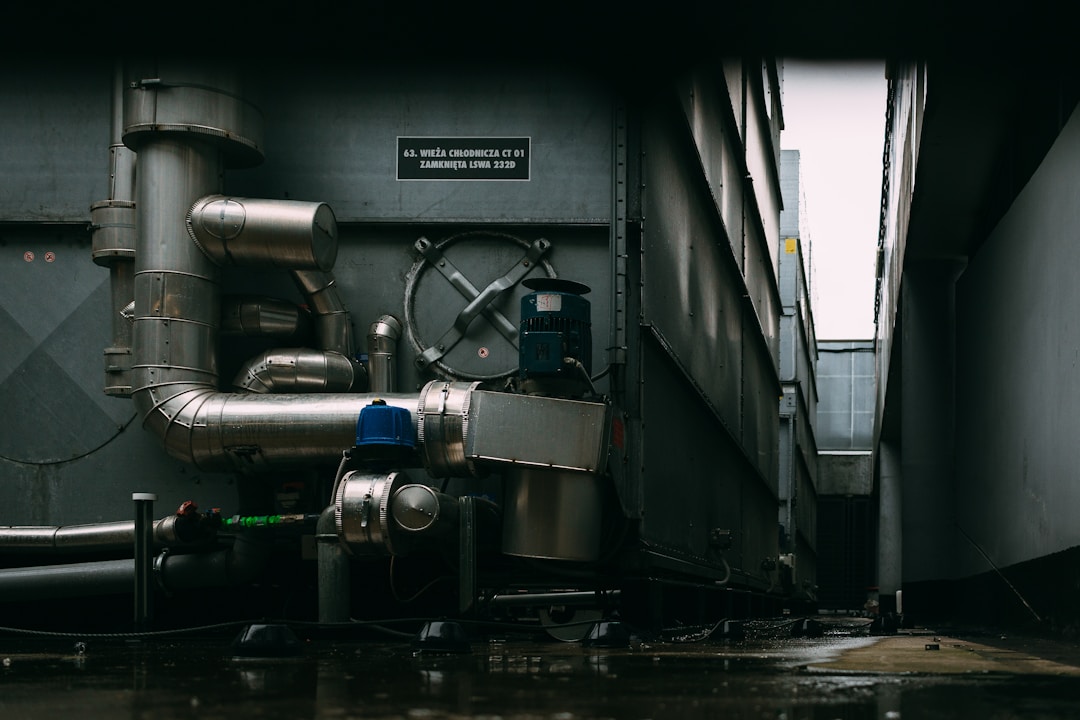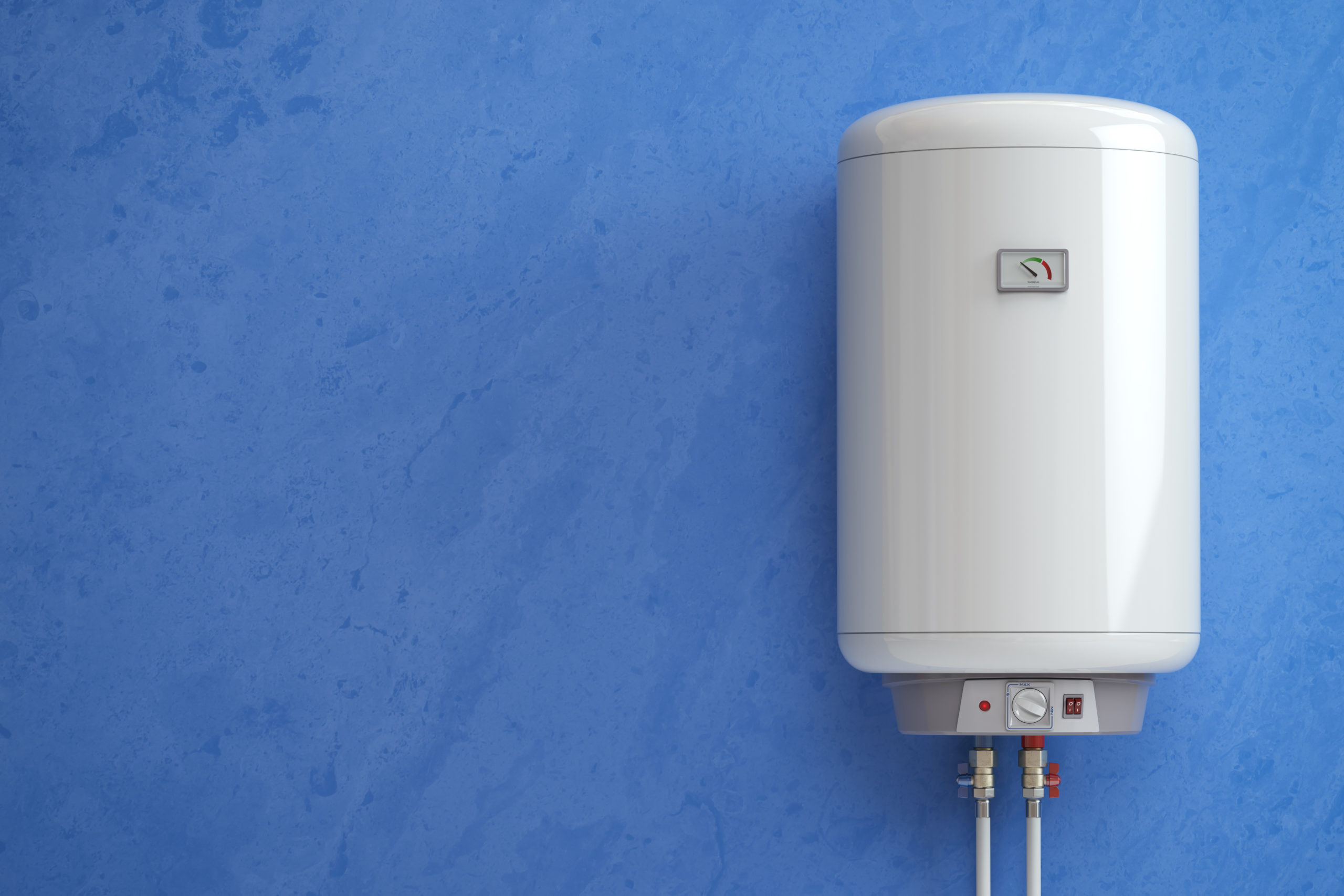The average lifespan of a boiler system is 20 years. However, it’s common to hear strange noises a few months after purchase. Several causes can cut the life of your heater short, but that shouldn’t be a cause to spend thousands of dollars for a replacement.
You can get an experienced technician to troubleshoot your leaky boiler and provide tailored solutions. In addition, knowing the common boiler problems and their causes can help you better manage your heating system in the future. Here are three reasons why your boiler leaks.
1. Corrosion

If your boiler leaks water, there’s something wrong with it. There’s no better way to put it. Machines don’t remain efficient forever. You can talk of all the wear and tear activities amongst several others, but some other factors like corrosion can hasten your boiler’s inefficiency. Corrosion destroys metallic materials after reacting with chemical agents like oxygen, hydrogen sulfide, and carbon dioxide. Exposing your new boiler to these agents can shorten its life span.
Many commercial boiler parts are likely to corrode. As a homeowner, the first place you should look is the pipes. Corroded pipes may cause water to escape, which can cause a major problem for your boiler. If this persists for a long time, it can cause other parts to corrode quickly as well. It can start with one relief valve and then spread to other areas. After spotting rusty water from your pipes, the first thing to do is to call a boiler technician.
You can opt to only replace the corroded parts but replacing the entire boiler can be a good idea if the rust affects multiple parts. If it’s not that serious, you can defer the replacement to your annual maintenance plans. Note that, delays in fixing your leaking boiler can spike up your utility bills.
2. Pressure
Your boiler pressure can be between one and two bars. You’d see the ideal boiler pressure in green on your boiler’s pressure gauge. Anything in red indicates an extremely low or high pressure which can be a major problem for your boiler. Every boiler has a special outlet pipe to let out extra pressure to prevent the unit from imploding, and your boiler can still function even if it’s exerting too much pressure. You may identify symptoms like inefficient heating, improper radiator functioning, etc.
Normally, you’ll find a puddle of water when your boiler goes above the correct pressure range. But if the water comes out excessively, it may lead to abrupt system shutdowns. Keeping up with such a culture can wear you out or lead to sustained effects in your boiler. It’s best to call your boiler technician when you identify the slightest chance of extreme pressure levels. Professional boiler technicians have several ways to bleed an overly pressured boiler to lower levels.
3. Loose Screws

Boilers contract and expand as temperatures change from hot to cold and the contraction frequency can cause joints to loosen and cause your boiler to leak water. This may be a simple fix, so, check every part of your boiler for loose screws, especially the fittings, and adjust appropriately. Clean the leaking area after your DIY solution and monitor closely for any drips. If leaking continues, you may want to enlist a professional for a thorough look.
It might be best to consider professionals in your local community for all your boiler leaking issues. Typing boiler leak experts into your google address bar can generate several options to choose from. You can also use client reviews and testimonials to select the best technician to fix your boiler.
All in all, boiler issues aren’t easy to fix if you’re not a specialist and a leaking boiler can be caused by several other factors not listed above. For this reason, it always helps to contact a boiler professional.

